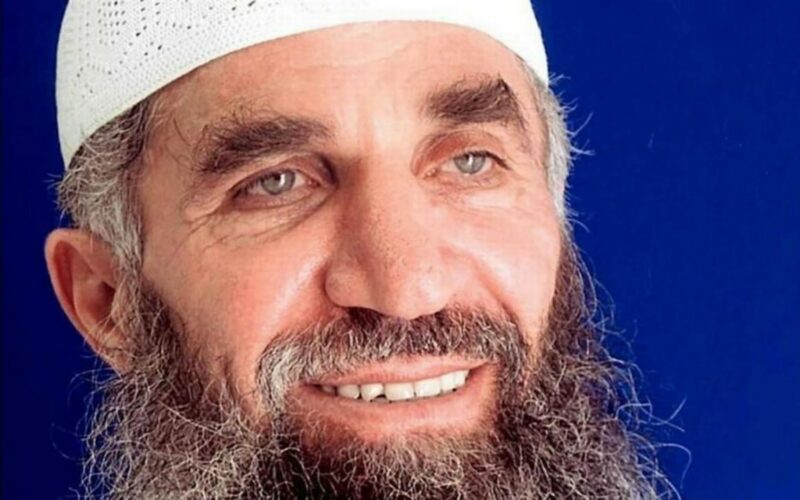A former Qaeda commander at Guantánamo Bay, Abd al-Hadi al-Iraqi, has been sentenced to 30 years in prison by a U.S. military jury for his involvement in war crimes committed in Afghanistan during the early 2000s. However, under the terms of a plea deal, his sentence will conclude in 2032, reducing his imprisonment to ten years from his 2022 guilty plea.
The jury’s decision, reached on Thursday, represents the formalities of the military commission system that combines jury sentencing hearings with the possibility of plea agreements negotiated with a senior Pentagon official overseeing the war court.
Despite the defense’s arguments for leniency due to Mr. Hadi’s early mistreatment in CIA custody, his cooperation with U.S. investigators, and his deteriorating health, the 11-officer jury imposed the maximum sentence. Mr. Hadi, 63, attended the hearing in a therapeutic chair due to a debilitating spinal condition and listened through a headset with Arabic translation.
The plea agreement, which Mr. Hadi was aware of, reduced his effective sentence significantly but did not include credit for the 15 years and eight months he had already spent in U.S. detention before his guilty plea in 2022. His official release date is set for June 2032, by which time he will have been in U.S. custody for over 25 years.
Mr. Hadi’s case is notable within the context of the military commission system, established post-September 11 to handle terrorism-related war crimes. Although he was portrayed as a significant figure in al-Qaeda before the 9/11 attacks, his plea did not imply foreknowledge of the attacks.
Instead, Mr. Hadi admitted to leading insurgent forces in Afghanistan who carried out unlawful attacks that resulted in the deaths of 17 U.S. and coalition soldiers in 2003 and 2004, including the use of a fighter posing as a civilian taxi driver in a car bomb attack. He also confessed to being a liaison between al-Qaeda and the Taliban and to participating in the destruction of Buddha statues in Afghanistan’s Bamiyan Valley in March 2001.
Captured in Turkey in 2006 and later detained at Guantánamo Bay, Mr. Hadi’s future remains uncertain. Military prosecutors have argued that he could remain detained at Guantánamo even after his sentence ends, as long as the U.S. war on terrorism continues. Alternatively, under the plea deal, he could be transferred to another country capable of providing necessary medical care and agreeing to monitor him.
The court proceedings elicited no visible reaction from Mr. Hadi and concluded after a two-week sentencing trial that included emotional testimonies from those affected by his actions. His case exemplifies the complexities and challenges of the military commission system and the ongoing detention issues at Guantánamo Bay.








